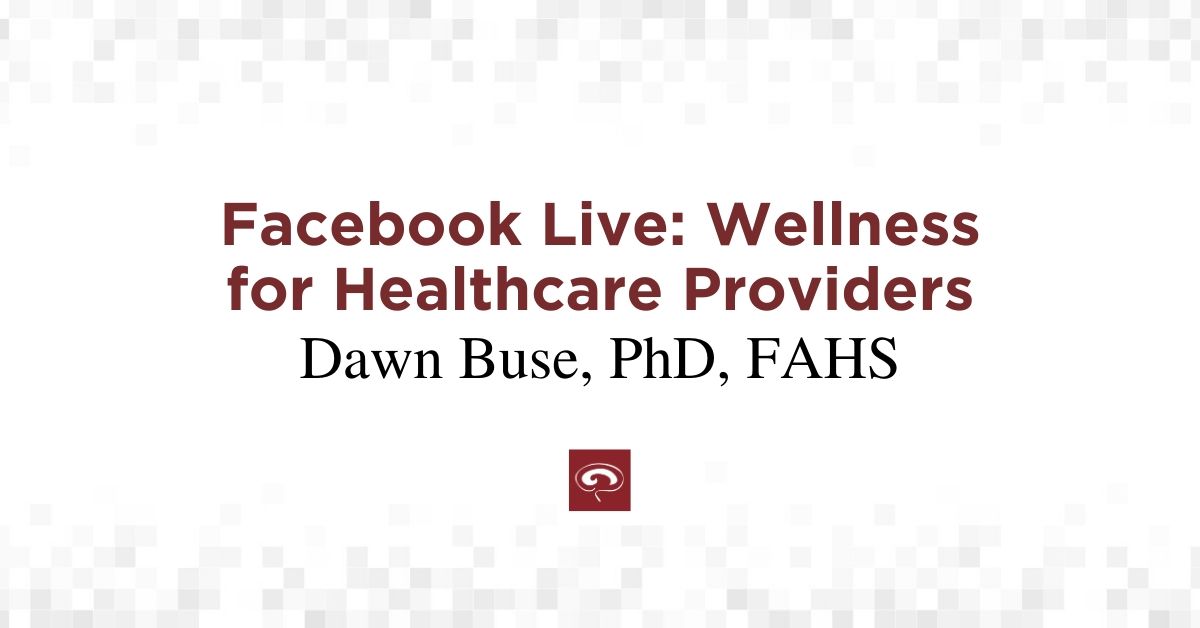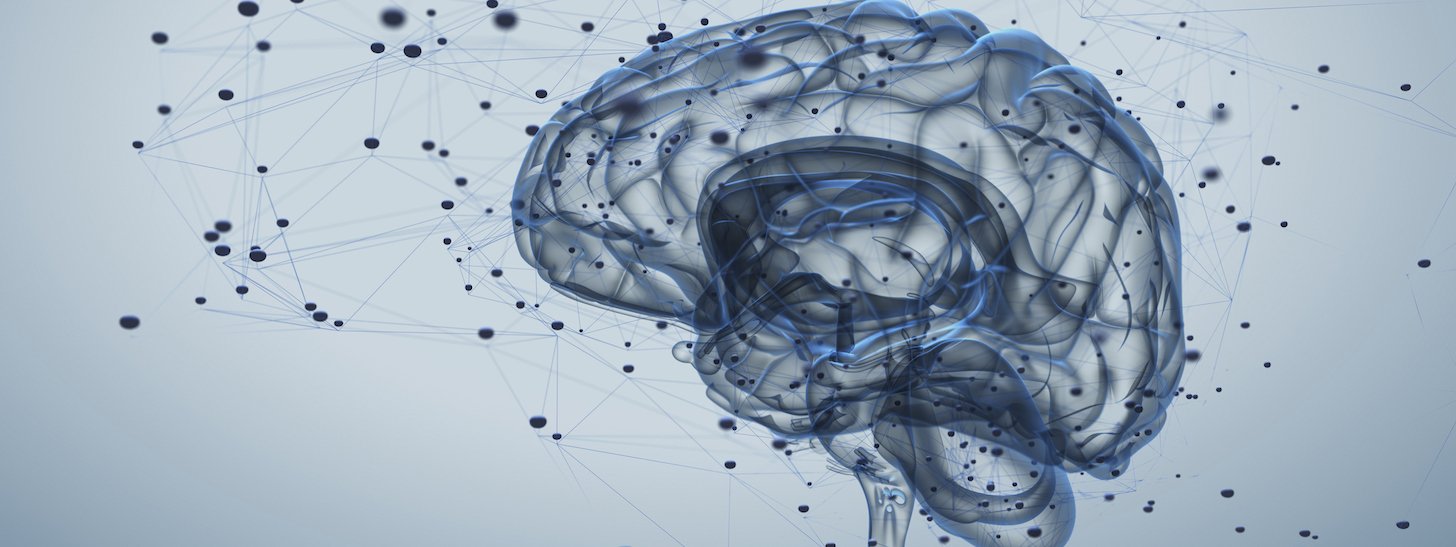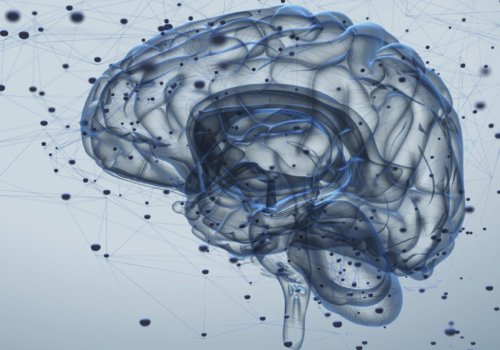
Healthcare Provider Wellness During COVID-19
Dawn Buse, PhD, FAHS, discusses some of the challenges faced by healthcare providers during the pandemic and ways to prioritize self-care.
During the COVID-19 pandemic, healthcare providers, especially those providing direct patient care, are facing challenges both physical and mental. Dawn Buse, PhD, FAHS, a psychologist, clinical professor of neurology at Albert Einstein College of Medicine and member of the American Headache Society board of directors, hosted a Facebook Live with the American Headache Society to share COVID-19 challenges and tips for healthcare provider wellness. Watch the video to learn about issues affecting healthcare workers and Dr. Buse’s advice for practicing self-care.

What stressors and challenges are neurologists and other healthcare professionals facing due to COVID-19?
Dr. Buse acknowledges that healthcare professionals, especially those serving on the front lines of the pandemic, are confronting new stressors daily. They face the traumas they may encounter on the job; that includes the lack of PPE and fears of contracting the virus and bringing it home to their families. Many also deal with conflicting and rapidly developing information regarding the virus and changing policies both at their institutions and on a governmental level. These challenges, along with longer hours, deployment to different settings, cuts to pay and benefits, potentially limited access to childcare and pressure to pivot to telehealth and learn new technologies among other stressors, can have a profound impact on providers’ overall health and stress levels.
In addition, Dr. Buse explains that the disruption caused by social distancing and the pressure on the healthcare system to care for so many people during the pandemic has left many cut off from support systems and their typical self-care practices and outlets. These pressures also dramatically limit their time to recharge and get proper sleep.
What are the potential consequences of these stressors?
Over time, the consequences of these stressors can include burnout, depression and anxiety, panic attacks, insomnia and post-traumatic stress disorder, among others. Dr. Buse says that working within a paradigm of high demand combined with a lack of support and resources “leads to learned helplessness, which is associated with depression.” She points to a number of recently published international studies showing that healthcare workers in China during this pandemic are experiencing high rates of depression, anxiety, insomnia and distress.
Dr. Buse reminds healthcare professionals who are experiencing these reactions that they are normal responses to exposure to prolonged stress. “The scientific literature highlights the very real connection between the current conditions and these outcomes,” she says. “Just as we advise our patients that coping with a chronic illness is associated with higher rates of depression and anxiety, it’s important to remember that healthcare professionals are human too and also experience these common responses to coping with prolonged serious stressors.” It’s important to be aware of the signs and symptoms of distress and to avoid engaging in less functional coping mechanisms. HCPs may not be aware of the range of support and treatments available within our own healthcare systems’ employee assistance programs and emergency mental health services that have been developed for those impacted.
Self-Care for Healthcare Providers
In response to this crisis, Dr. Buse explains that many institutions have engaged mental health faculty to provide a range of free services to staff. Helpful coping information and resources are also available through the American Academy of Neurology’s Live Well initiative and the American Medical Association—and the list of organizations offering free services to healthcare workers is expanding daily. She mentions the Physician Support Line and the Headspace and Down Dog apps as resources for mental health support and mindfulness currently available for free to those working in the healthcare field.
Dr. Buse also reminds healthcare providers to take care of themselves, especially at this time. “Your feelings are valid and elegant survival mechanisms,” she says, recommending healthcare workers focus on the basics. That includes stress management, sleep, eating healthy, staying hydrated, exercising and social support; these are also the SEEDS for migraine success that we advise for our patients.
Staying connected with others through technology also may help at a time when physical person-to-person connection is limited. She explains that while small interactions such as handshakes, shoulder touches and hugs may seem trivial. However, they benefit the nervous system through the hormones and neurotransmitters they release. She recommends checking in regularly with friends and family through virtual means to foster a sense of connection. Setting smartphone reminders can help if you need them.
Additionally, she encourages healthcare providers to perform self-checks on mood, sleep and nutrition and to prioritize caring for themselves. “You need to be well enough to care for others,” she says. Along with this, she tells healthcare providers not to feel selfish about accepting help offered to them. “You deserve it,” she says, adding that it also makes others feel good to provide that help.
In closing, Dr. Buse expresses well-wishes and gratitude to healthcare providers currently serving in the field. “Please reach out for help if you need it. Please know you are coping as well as anyone could expect. Thank you for your service for caring for all of us during this very difficult time.”
The American Headache Society is committed to providing support for headache clinics and practitioners during the COVID-19 pandemic. For more on the latest headache information and studies, visit the AHS News page and join us on the American Headache Society’s Facebook page for timely resources regarding COVID-19 and telehealth implementation.


